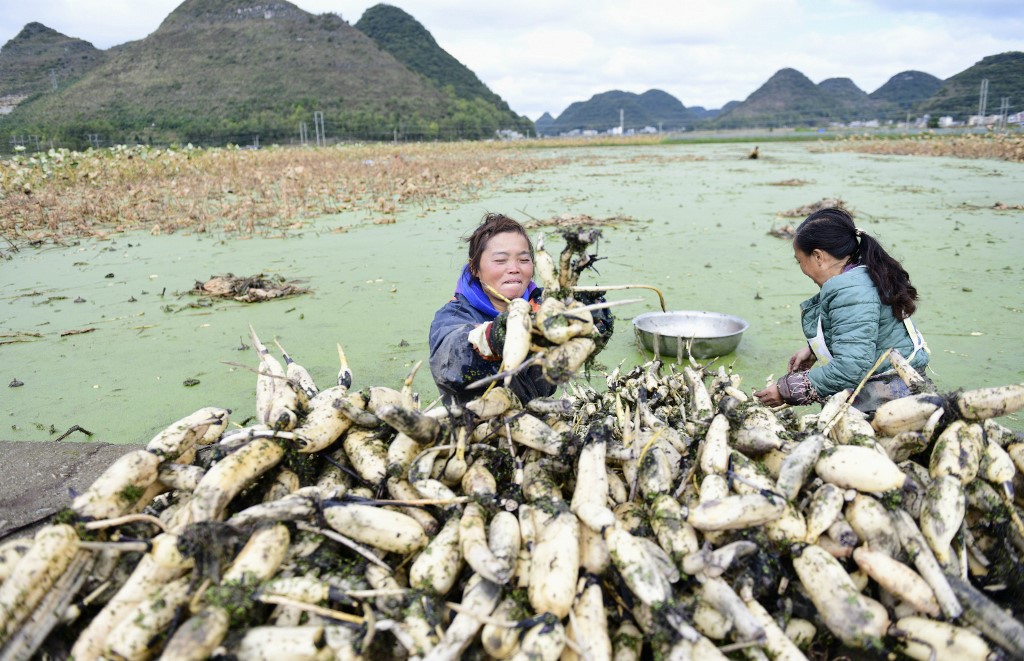(ATF) China’s Guizhou Bank has announced that it has officially adopted the Equator Principles, from Monday November 30, 2020.
The Equator Principles are a risk management framework adopted by financial institutions to determine, evaluate and manage environmental and social risks in projects. Their main purpose is to provide minimum standards for due diligence and monitoring to support responsible risk decision-making.
As of the end of June 2020, the bank’s “green loan” balance was 21.517 billion yuan, supporting the development of more than 100 green projects in the province’s energy conservation and environmental protection, pollution control, clean transportation, and ecological protection.
The bank said it has complied with the requirements of the Equator Principles, comprehensively sorting out and improving the bank’s organisational structure, credit policy and management methods, plus business processes. At the same time, it has established an environmental and social risk management system supporting the Equator Principles.
The bank said this starts a new chapter in the concept of green development and that it will accelerate the innovative development of green finance.
Poor, mountainous province
Guizhou, though, is landlocked, mountainous and one of China’s poorest provinces.
Last week, Chinese officials said they had achieved President Xi Jinping’s long-standing political goal of eliminating extreme poverty by the end of this year. They did that by removing the last remaining counties from a list of poor regions in provinces such as Guizhou.
The government claims to have lifted 93 million people out of poverty since 2013.
China sets its own national standard of extreme poverty, based on a per capita income threshold of 4,000 yuan per year, or around $1.52 per day, and other factors such as access to basic healthcare and education. That compares with a threshold of $1.90 per day set by the World Bank to measure extreme poverty globally.
On November 24, officials in Guizhou announced that the last nine remaining counties had been removed from the nation’s list of poor regions. The list, drawn up in 2014, initially identified 832 counties as extremely poor.
Guizhou officials said average per capita annual income in the counties had risen to 11,487 yuan (just US$1,748).
However, it is also home to China’s leading liquor brand Moutai, which is a strong player on both the A-share markets and corporate bonds.
International green benchmark
As an internationally accepted benchmark for the project financing industry, the Equator Principles aim to judge, evaluate and manage environmental and social risks in project financing, and encourage financial institutions to perform prudent verification obligations on environmental and social issues in project financing.
Currently, 112 financial institutions from 37 countries around the world are reported to have adopted the Equator Principles.
Applicable project financing under the Principles account for more than 80% of total global “green” transactions, and the share in emerging market countries exceeds 70%.
The system was started in June 2003, by 10 leading international financial institutions, including ABN AMRO.
With reporting by Reuters
























